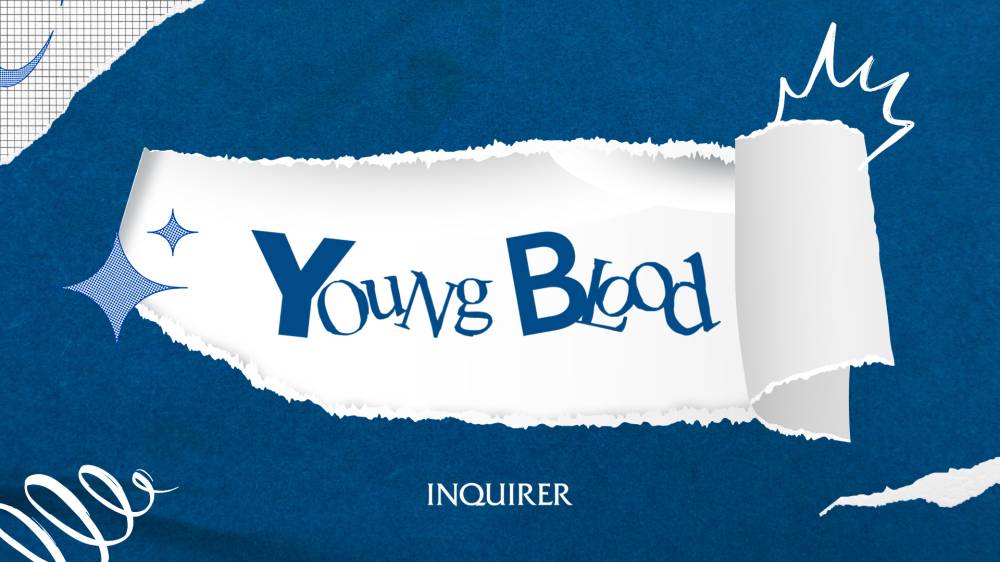What remains of me

I began living on my own at 16, not fully, perhaps, but far enough from home to feel it. Senior high school brought me to Quezon City, and college kept me in the metro.
Living alone in the city wasn’t easy at first. I remember crying myself to sleep on some nights, overwhelmed by the silence, homesickness, and the weight of expectations. I struggled to cook meals for one, to manage my time, to keep myself afloat. But over time, it became bearable, even beautiful.
I started to relish the freedom, the autonomy, the space to figure out who I was without the shadow of home. There, in the noise and loneliness of the metro, I began to know myself. I made friends. I fell in love with life’s little rituals: coffee dates, the late-night walks, the thrill of navigating things on my own.
My visits home became occasional, on weekends, or sometimes just twice a month. The only long pauses were during the holidays and in those uncertain months of the pandemic, when time stood still for all of us.
When the lockdowns lifted, I ran back to the life I was building—fast-paced, driven, full of motion. I packed my world into two oversized boxes and a backpack and moved back to the city for work. It wasn’t glamorous, but it was mine. I worked as a corporate slave and took freelance gigs on the side. I survived off side hustles, project-based contracts, and cheap takeout. Money was tight, but life was rich in experiences. I was growing professionally and even emotionally. I was proud of the life I was crafting, slowly but surely.
Then my mother died, suddenly, without warning. And everything I had built began to crumble.
Grief has a way of freezing time. One moment, I was scheduling client calls and planning my next apartment move, and the next, I was on a motorcycle headed home with my world turned upside down. Her absence was deafening. Her responsibilities became mine even before I had the chance to understand the loss.
It has been eight months since I came back. This is the longest I’ve stayed in this rural hometown. I live with my not-so-little sister and my father, who is getting old faster than I’d like to admit. And the truth is: I miss my old life. I miss the independence, the spontaneity, the version of me who only had to think about herself—not whether there’s food in the fridge, clean laundry in the basket, or someone to talk to over dinner.
Life here drains me in ways that are hard to explain. I’ve become a full-time homemaker, part-time job seeker, unpaid therapist, reluctant breadwinner to say the least. I take care of the chores, I handle the bills, I stretch what little income we have to cover what it can, not just for our family but sometimes even for extended relatives who quietly depend on me, too. There’s no room to dream. I feel stagnant, stuck, and left behind, watching peers move forward while I try to hold this house together.
These days, I feel trapped. My father needs care. My sister is focused on her studies. My brother has his own family. And so, I stay. I picked up the responsibilities my mother left behind. I hold the line. But somewhere deep inside me, the girl from Manila still aches, the one who dreamed, who chased purpose and ambition in the heart of the city. I want to go back. I want to build a career, a home of my own, a future with the person I love. But here I am, caught between duty and desire, between who I am and who I want to become.
People around me keep telling me to stay with my father. They mean well. Even my father won’t allow me to look for jobs in the metro anymore. He insists I stay here and find work locally, but opportunities are scarce. The job market in this town is small, and the positions rarely align with what I’ve worked so hard to become. Every rejection adds to the quiet erosion of my confidence.
This is the tension no one warns us about: how culture asks us to stay, to sacrifice, to uphold tradition, even if it costs us our future. I’m standing in a house that was never quite stable, trying to keep it upright as the weight bears down. And I am tired. My knees are buckling. I wonder, am I grieving for my family’s loss, or for the pieces of myself I’ve had to bury to be here? Maybe it’s both.
But here’s what I’m learning: love doesn’t have to mean losing myself. Maybe there’s a way to care without disappearing. Maybe it’s okay to want more, not out of selfishness, but out of the hope that I can one day return to this house stronger, more whole, more alive. I want to believe that I don’t have to choose between being a good daughter and being a fulfilled person.
So I hold on to that hope, even if just barely.
One day, I will build the life I paused. Not because I’m turning my back on my family, but because I owe it to the girl who once believed she could have more—and to the woman I am slowly becoming.
—————-
Rizhamae Rodil, 25, is a writer and communication graduate navigating the space between ambition and responsibility.

















Rechanneling corrupted funds